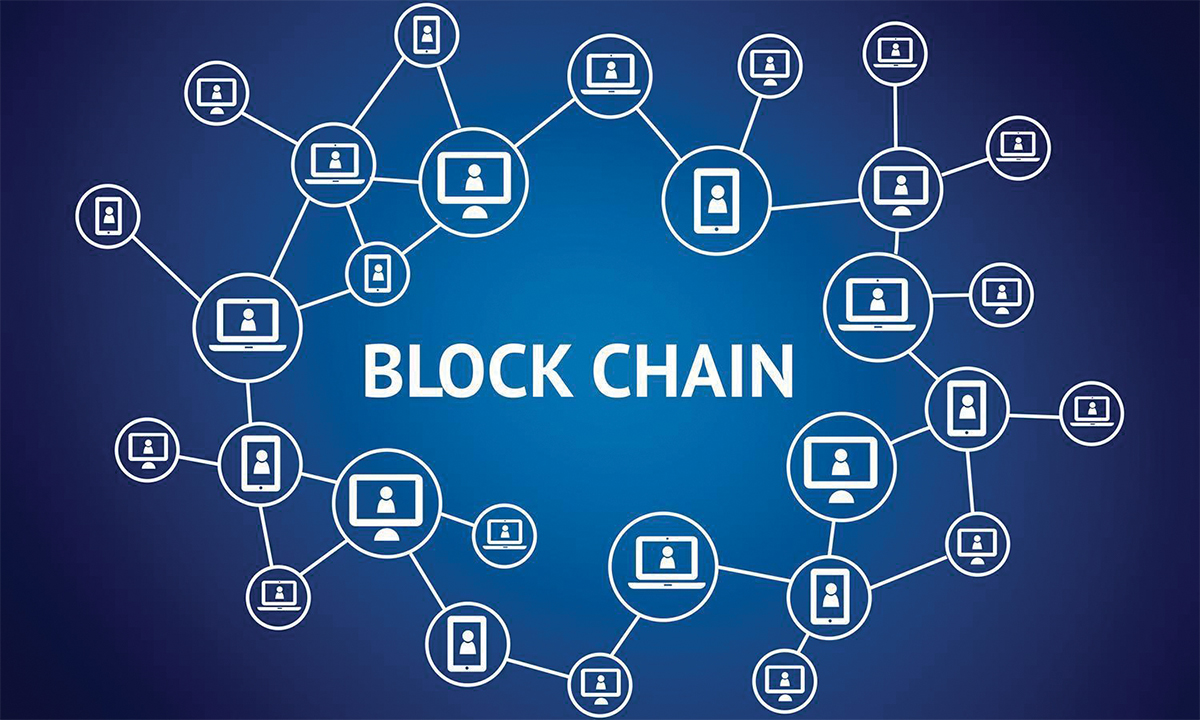Traditional ways of documenting and confirming transactions have become obsolete and ineffective as the world gets increasingly computerized. By offering a secure, decentralized, and transparent platform for recording and validating transactions, blockchain technology provides a solution to these problems.
In this post, we'll examine the fundamentals of blockchain technology, as well as how it affects many businesses and has the ability to improve people's lives.
Are you sick and weary of the old-fashioned ways of keeping track of transactions? Do you want to learn how blockchain technology is reshaping many sectors and altering the game?
A distributed ledger system called blockchain enables safe, independent, and open record-keeping. The fundamental framework for the virtual currency, Bitcoin, was initially announced in 2008. Since then, it has been used in a variety of sectors, including banking and healthcare, and it has shown enormous promise for revolutionizing the way we do business.
The blockchain network is a decentralized database that stores data in a chain of blocks, each of which is connected to the one before it. Each block has a unique cryptographic code that guarantees the accuracy of the information stored within.
The blockchain network's decentralized structure removes the need for middlemen, such as banks or governmental organizations, to validate transactions. By doing this, the process becomes more secure and transparent while cutting the time and expense involved with conventional transaction techniques.
Blockchain Technology Foundations
The three main tenets of blockchain technology are decentralization, immutability, and transparency. Decentralization is the process of managing a network without using a central authority or middleman. The inability to change or remove data once it has been stored on a network is referred to as immutability. The public visibility of the data kept on the network is referred to as transparency.
Cryptographic algorithms are used by the blockchain network to guarantee the data's security and accuracy. Each block has a unique cryptographic code, or hash, created depending on the information it stores. The network will reject the block if any modifications are made to the contents since the hash makes sure they are promptly identified.
The blockchain network is protected against assaults and hacking attempts due to its decentralized structure. As there is no centralized point of control, it would take simultaneous attacks on several network nodes for an attacker to effectively breach the system. As a result, the blockchain network is among the most reliable and secure systems ever created.
Industry Effects of Blockchain Technology
By boosting productivity, cutting costs, and enhancing security, blockchain technology has the potential to upend several sectors. The financial industry is one of the areas where blockchain technology has the greatest potential.
Financial transactions may be streamlined using blockchain technology, which saves time and money compared to more conventional ways. By removing the need for middlemen and guaranteeing the accuracy of the data kept on the network, it may also increase security.
Another area that stands to gain significantly from the use of blockchain technology is the healthcare sector. The use of technology may increase the accuracy and efficiency of maintaining medical records by securely storing and sharing patient data. Moreover, it may be used to monitor the distribution of pharmaceuticals and medical supplies, lowering the possibility of fake goods reaching the market.
The use of blockchain technology in the energy industry has the potential to make a big effect. It may be used to monitor the generation and distribution of renewable energy, promoting accountability and transparency in the sector.
Possibility of Changing Lives
Blockchain technology has the potential to revolutionize people in addition to businesses. Blockchain technology has some of the most intriguing uses in poor nations where conventional payment mechanisms may be unavailable or unreliable.
Unbanked or underbanked people may get financial services via blockchain technology, giving them access to credit, loans, and other financial goods. It may also be used to create voting systems that are transparent and safe, assuring fair elections.
FAQs:
Blockchain technology: Is it secure?
It's true that blockchain technology is secure and safe. Data is secured using cutting-edge encryption algorithms, making it extremely hard to attack or modify.
How Much Does Blockchain Technology Cost?
Using blockchain technology may be costly, particularly for small enterprises. The long-term advantages, however, exceed the upfront expenses.
Blockchain technology: Is it hackable?
Hacking resistance is a feature of blockchain technology. Yet no system is 100% error-free.



